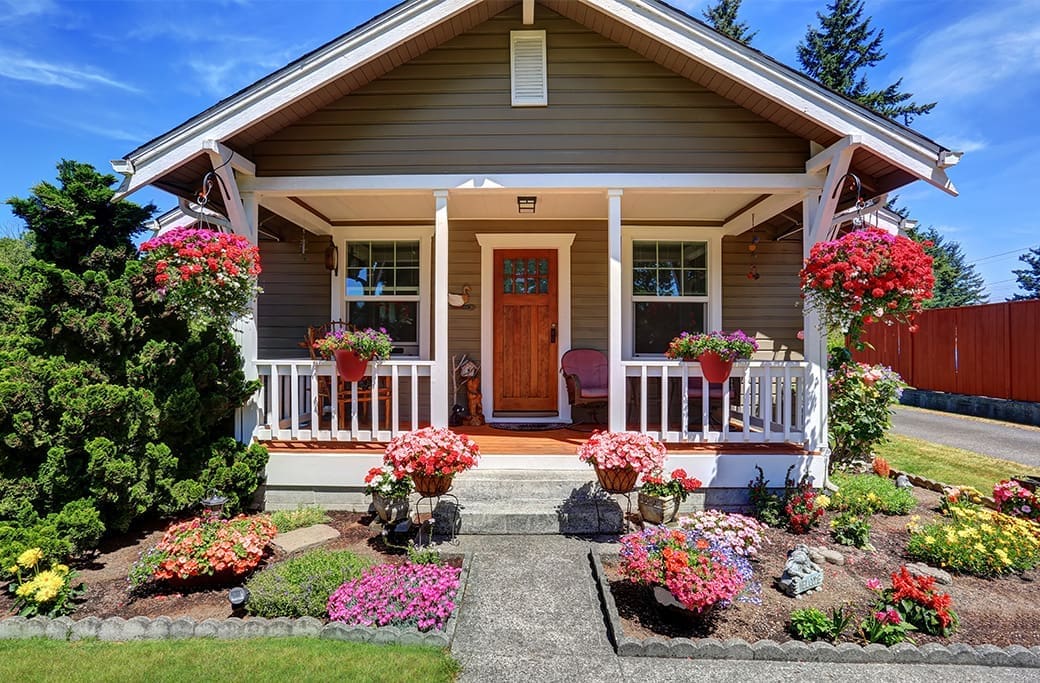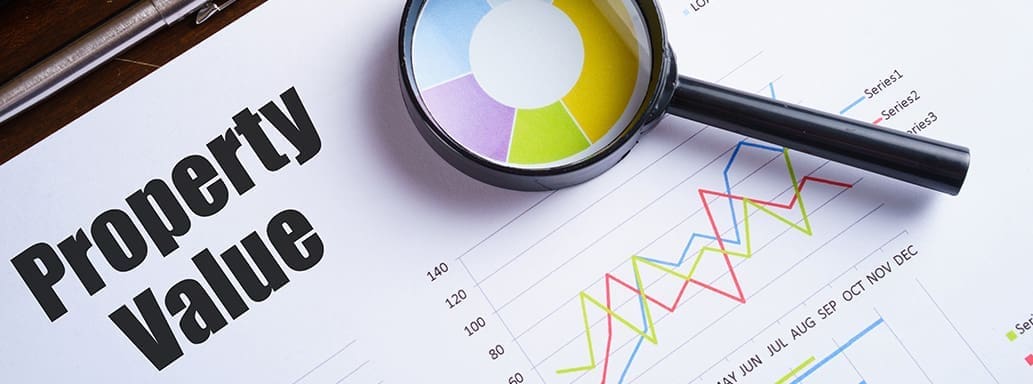
Welcome to the exciting world of homeownership! At The Ginther Group, we understand that while owning a home is a significant milestone, it comes with its own set of financial responsibilities. Budgeting is an essential skill that new homeowners must master to ensure they can enjoy their new investment without financial stress. Budgeting for new homeowners ensures you can achieve financial freedom and make the most of your real estate investment.
Budgeting Basics for New Homeowners
Creating a Comprehensive Household Budget
A well-planned budget is the foundation of financial stability. To get started, follow these steps:
-
- Track Your Income and Expenses: Begin by listing all sources of income and categorizing your expenses. This includes fixed expenses (mortgage payments, insurance, utilities) and variable expenses (groceries, entertainment, dining out).
- Set Financial Goals: Determine short-term and long-term financial goals. These could range from paying off your mortgage early to saving for home improvements or building an emergency fund.
- Prioritize Your Spending: Allocate funds to essential expenses first. Ensure you prioritize your mortgage, utilities, insurance, and essential household needs.
- Create a Savings Plan: Allocate a portion of your income to savings. This could include an emergency fund, retirement savings, and a separate fund for home maintenance and improvements.
- Monitor and Adjust: Regularly review your budget and adjust it as needed. Life circumstances and financial priorities can change, so it’s important to keep your budget flexible.
Essential Home Expenses to Include in Your Budget
Breakdown of Monthly and Annual Expenses
Homeownership brings joy and a sense of accomplishment, but it also introduces several financial challenges that can catch new homeowners off guard. From unexpected repairs to fluctuating utility bills and property taxes, the costs associated with owning a home can quickly add up. Understanding these challenges is the first step towards effective budgeting. To avoid surprises, make sure to account for these essential expenses in your budget:
-
- Mortgage Payments: This is likely your largest monthly expense. Ensure it’s paid on time to avoid penalties and protect your credit score.
- Property Taxes: These can vary significantly depending on your location and can sometimes increase without warning. Taxes are due as a lump sum or in installments, depending on your jurisdiction. It’s essential to budget for these annual expenses to avoid being caught off guard when tax season arrives.
- Homeowner’s Insurance: Protect your investment by maintaining adequate coverage. Homeowner’s insurance is often more comprehensive (and expensive) than renter’s insurance.
- Utilities: This includes water, electricity, gas, internet, and trash removal. Utility costs can vary seasonally, so plan for fluctuations. Larger living spaces often mean higher utility bills, as there is more area to heat, cool, and light.
- Maintenance and Repairs: You are responsible for maintaining and repairing the roof, plumbing, electrical systems, HVAC, appliances, and general upkeep of the property. Setting aside money each month for potential repairs is crucial.
- HOA Fees: If applicable, these fees contribute to community amenities and maintenance. If you live in a community with a Homeowners Association, you’ll need to account for those fees as well.
Tips for Saving and Investing in Your Home
Mastering Your Finances
-
- Build an Emergency Fund: Aim to save 3-6 months’ worth of living expenses. This fund will provide a safety net for unexpected events like job loss or major repairs.
- Save for Home Improvements: Regularly setting aside money for home upgrades can enhance your living experience and increase your property’s value.
- Invest in Energy Efficiency: Consider investing in energy-efficient appliances and home improvements. This can reduce utility costs and increase your home’s resale value.
- Long-Term Financial Planning: Consult with a financial advisor to create a long-term financial plan that includes retirement savings, investment opportunities, and mortgage payoff strategies.
Strategies for Paying Off Your Mortgage Early
Accelerating Mortgage Payments and Reducing Interest
-
- Make Extra Payments: Whenever possible, make additional payments towards your mortgage principal. This can significantly reduce the overall interest you pay.
- Bi-Weekly Payments: Instead of monthly payments, make bi-weekly payments. This results in one extra payment per year, helping you pay off your mortgage faster.
- Refinance for a Shorter Term: If financially feasible, consider refinancing to a shorter loan term. While this increases monthly payments, it decreases the amount of interest paid over the life of the loan.
- Apply Windfalls: Use tax refunds, bonuses, or other windfalls to make lump-sum payments on your mortgage.
Q&A with The Ginther Group
Common Budgeting Questions from New Homeowners
Q: How much should I save for home maintenance each year?
A: A good rule of thumb is to save 1-3% of your home’s purchase price annually for maintenance and repairs. For a $300,000 home, this means setting aside $3,000 to $9,000 each year.
Q: What if I can’t afford to save for home improvements right now?
A: Start small. Prioritize essential repairs and gradually build your savings. Even modest contributions to a home improvement fund can add up over time.
Q: Should I pay off my mortgage early or invest my extra money elsewhere?
A: This depends on your financial situation and goals. Paying off your mortgage early can save you money on interest, but investing in stocks, bonds, or retirement accounts may offer higher returns. Consulting with a financial advisor can help you make the best decision for your circumstances.
Budgeting Tips for New Homeowners
Budgeting is a crucial skill for new homeowners. By understanding common financial challenges, creating a comprehensive budget, and planning for both expected and unexpected expenses, you can achieve financial freedom and make the most of your new home. We encourage you to reach out to us at The Ginther Group for personalized advice and assistance on your journey to homeownership. Our team is here to help you navigate the financial aspects of owning a home, ensuring you can enjoy your investment without financial stress. Reach out to us with any questions or for personalized advice. Happy budgeting, and here’s to a financially free future in your new home!





